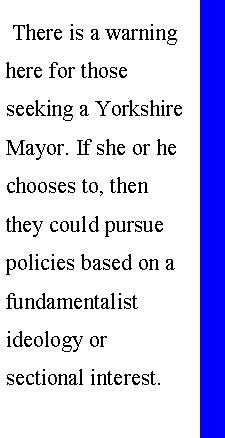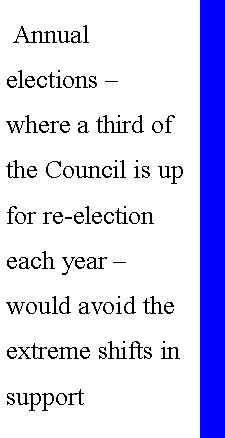There can’t have been many more publicised processes than the persecution of two York LibDem Councillors over the last 3 years.
It has provided a field day for speculation and prevarication.
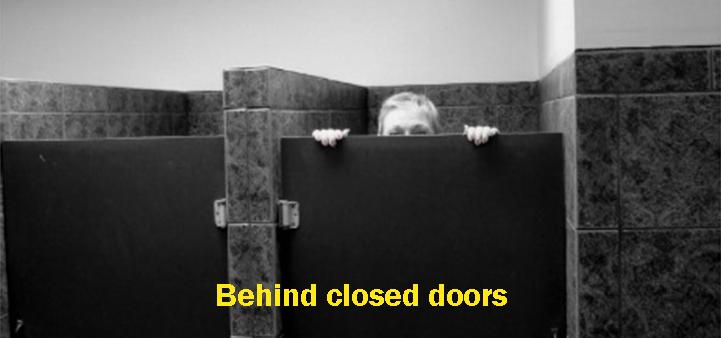
It was perhaps inevitable that the process would end this week – not with a statement of innocence and an apology from senior officials – but with a by-line in a report at a low key routine meeting.
The claim against one councillor, finally exonerated this week, was that he leaked confidential information to the media. He was named by a disgruntled former employee who turned whistle blower. Although the journalists who received the confidential reports (one of which concerned irregular payments to contractors) know who their sources were, they have understandable ethical objections to revealing them.
The only evidence offered therefore was circumstantial.
The words used by investigating officials suggest that it was a “case not proven”.
The burden should not be on the accused to prove their innocence.
Now Council information leaks in York are not unknown. For 30 years and more, Councillors have passed on information to journalists. Usually this has been to gain some political advantage. Almost invariably it has stemmed from deep frustration that the York Council is amongst the least transparent in the country.
And that is where reform is urgently needed.
The culture of secrecy needs to be swept away. There will be some information, for example during tendering processes, where the interests of taxpayers need to be protected. But the assumption from now on should be that a matter will only be regarded as confidential in extreme circumstances.
A start could be made by opening up the weekly Staffing Matters & Urgency Committee to the press and public
The Council should go further and ask what information and performance stats residents and the media would wish to see added to the “open data” web site. That would go some way to respect for the authority, its officials and Councillors
As far as “The York 2” are concerned, they deserve to have their reputations restored. The Council should issue a media release immediately to that effect. The Council should also commission a public report on how investigations into allegations of misconduct will be handled in the future. We can see no reason why such investigations should not be resolved within 6 months of an allegation being made.
The two Councillors have suffered financial loss of earnings because of the decision by the then Council Leader to remove them from their jobs. In a just world they would be compensated for that loss.
In the meantime, both Councillors would be wise not to try to use social media to press their case.

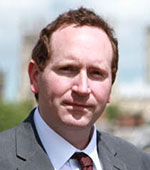
 York Councillors are being asked to appoint an individual investigator to look into allegations of malpractice at the York Council.
York Councillors are being asked to appoint an individual investigator to look into allegations of malpractice at the York Council.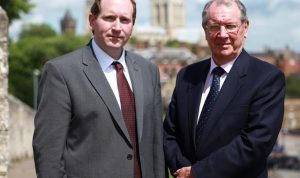
 The decision by York Tory Councillors to ditch the Council Leader last week
The decision by York Tory Councillors to ditch the Council Leader last week 